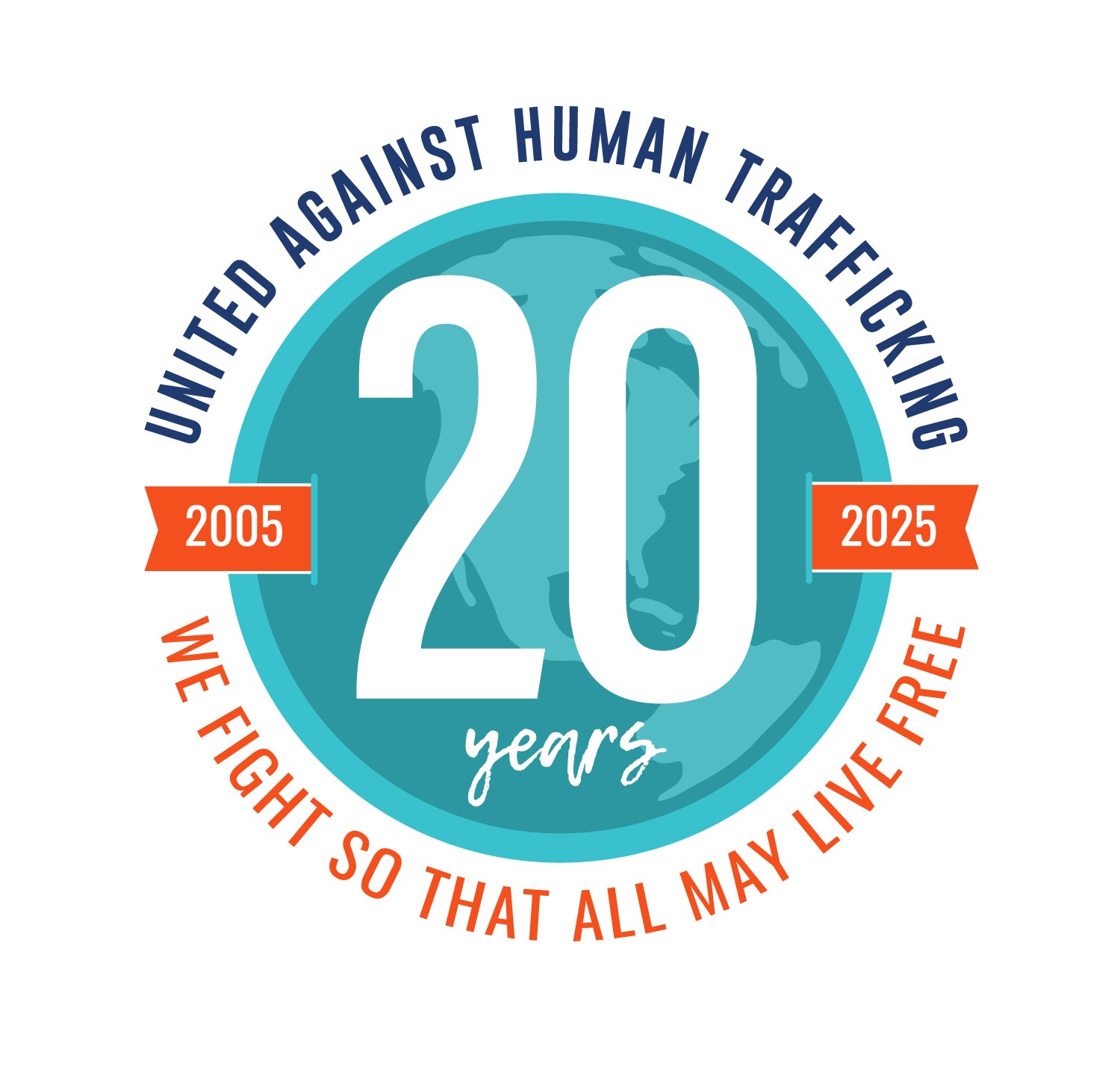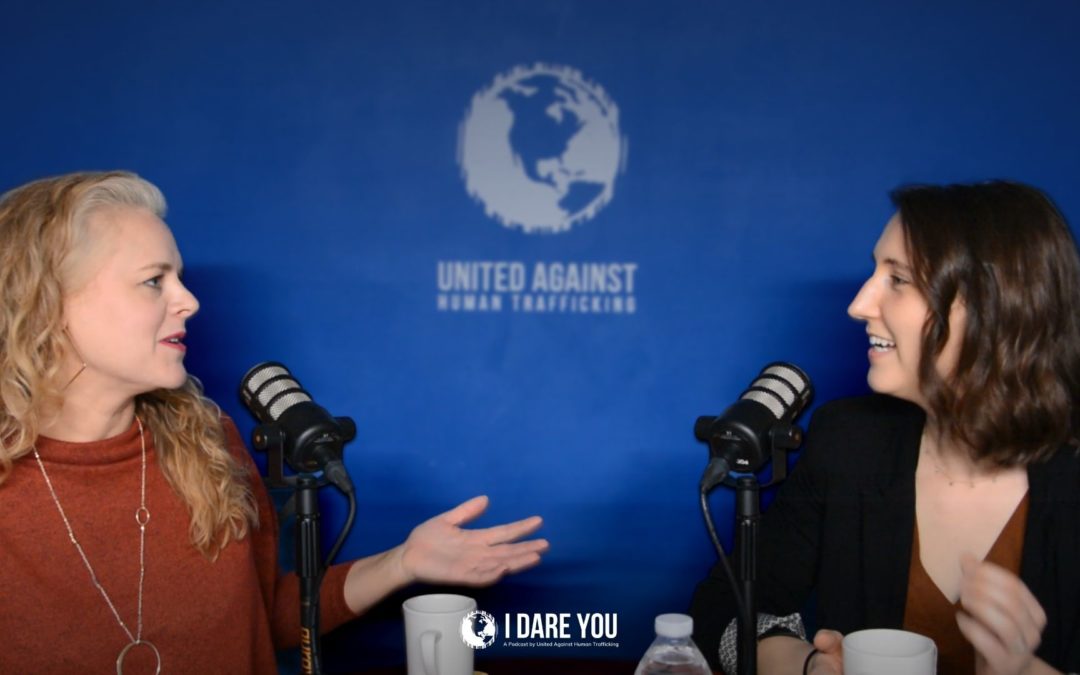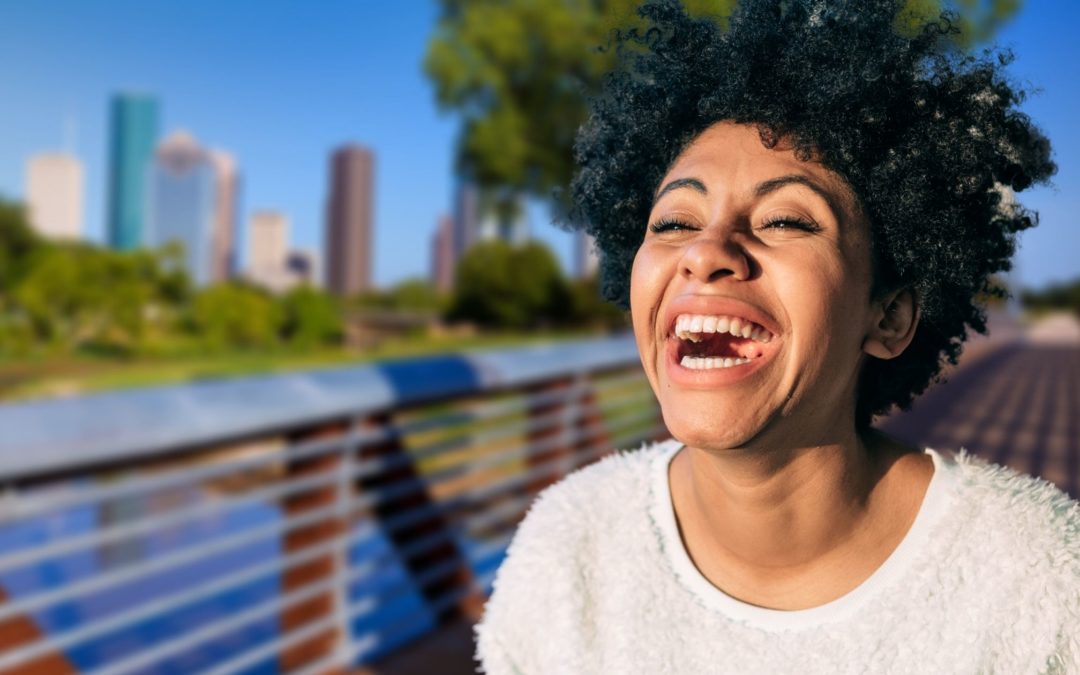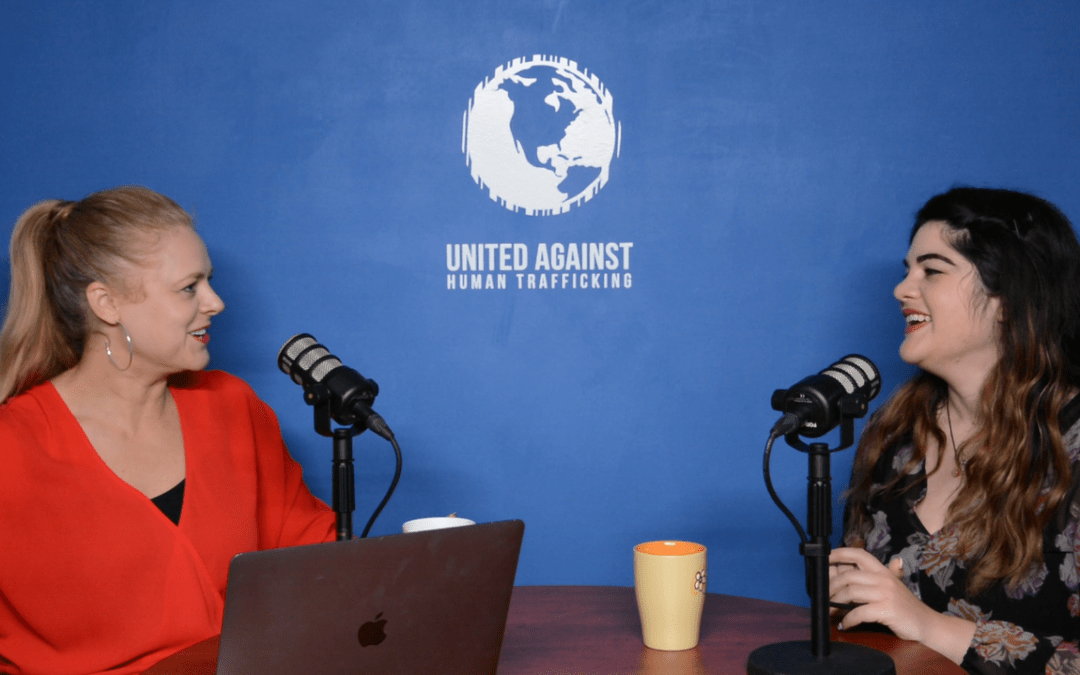
Atlanta Murder Victims Were Likely Trafficked For Sex
Our hearts are shattered at the loss of 8 people in Atlanta.
We’re in shock at this atrocity and we are angry. Our most heartfelt condolences are with the families of Delaina Ashley Yaun, Paul Andre Michels, Xiaojie Tan, Daoyou Feng, and four other unnamed victims and our hope is that they may rest in peace.
The grim reality we face now is that these murders were likely a culmination of a pandemic, racism, misogyny, and human trafficking.

The COVID-19 pandemic spiked hate crimes against Asian Americans.
Hate crimes against Asians and Asian Americans in the U.S. spiked 150% since the start of the COVID-19 pandemic and Asian Americans were targeted in nearly 3,800 hate incidents in the past year. Of the 8 who were murdered, 6 were Asian women. We stand in solidarity with Asian and Asian American communities.
The victims were likely being trafficked for sex.
They were murdered in what are likely fronts for brothels: 2 of the 3 spas are open 24/7, their websites feature photos of women, and they have suspicious reviews that indicate illicit transactions. The third spa doesn’t have a website.
One review made it clear to prospective sex buyers that the Gold Spa is a front by saying, “if you were wondering yes it is,” and another suggested, “ask for a Korean girl from the lady that meets you at the door.”
With Atlanta being one of the top 5 cities in the United States for reports of human trafficking, it is extremely likely that these murder victims were victims of sex trafficking.

The shooter admitted to sex addiction and likely frequented these brothels.
The shooter saw his victims as expendable to meet his own needs. In his own words, he killed them because they were, “a temptation for him that he wanted to eliminate.”
This horrible incident highlights just how critical it is to address human trafficking at its roots: racism, misogyny, poverty, and demand.
There are over 313,000 victims of human trafficking in Texas – and over 1,280,000 in the Americas. Each of those victims – who are already experiencing an extreme form of abuse – are at a heightened risk for additional forms of violence just as we are seeing now. One study found that 71% of prostituted people were physically assaulted.
Simply put, if we live in a society where we’re okay purchasing another human being for even a half hour, we don’t value others lives as our own.
Our thoughts are with those who died in Atlanta. May we all learn from this horrific crime and may we keep fighting until every person lives free.










